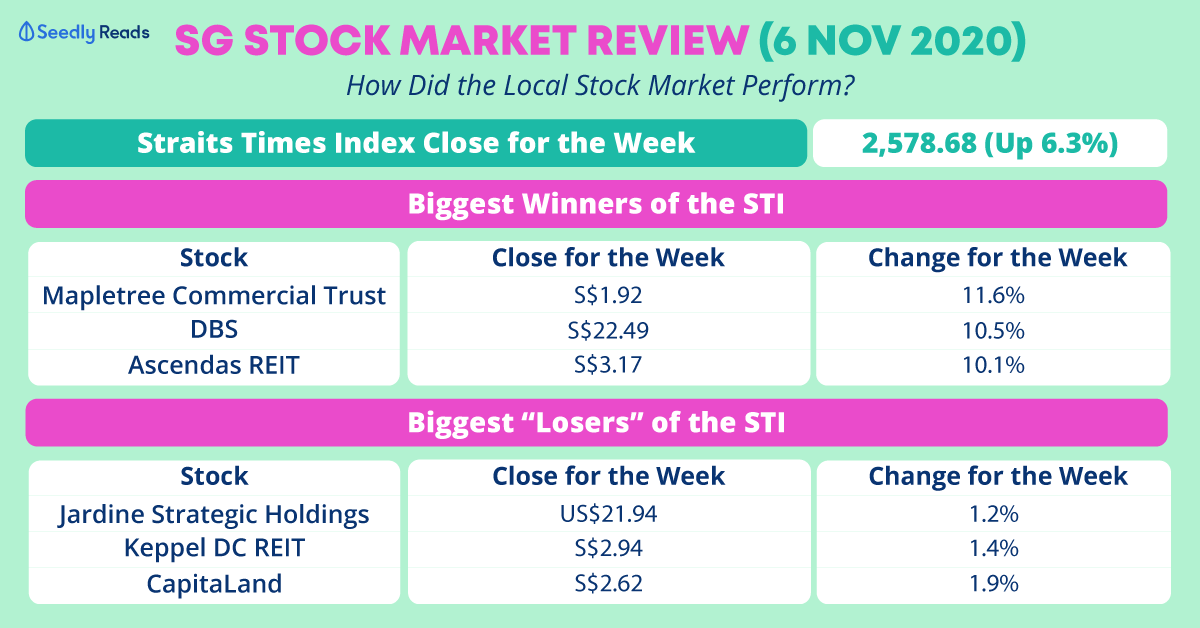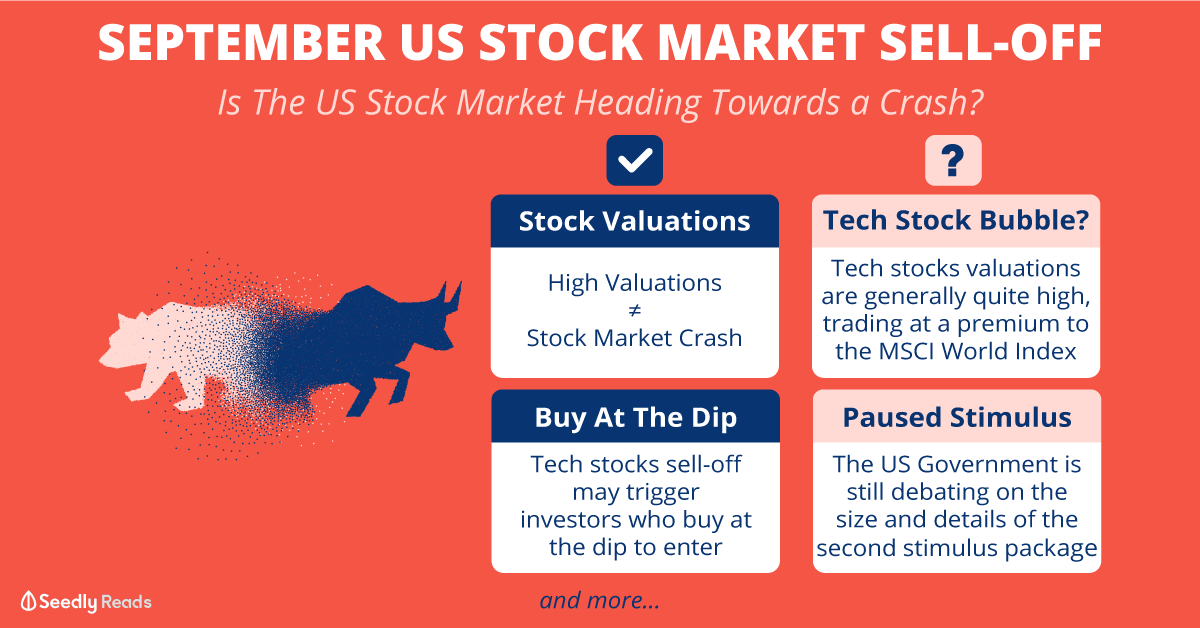Advertisement
For stocks with strong fundamentals, many have said to buy the dips. The market has been dipping this week, any advice on when we should actually stop buying the dips (as it keeps dipping)?
Stocks with strong fundamentals
17
Discussion (17)
Learn how to style your text
Reply
Save
It depends on the stock nature you are buying. If it is for speculative purpose, you should cut loss. However, you should be reminded of yourself the reason you buying in the stocks in the first place. Is it for fundamental or is it for speculative reason.
Reply
Save
Simple, when your bullets run out, you HOLD stocks with strong fundamentals.
Reply
Save
Hi there Qiiiurious07, we won't know for sure when we should precisely stop buying the dips as we can't predict the market. There's a famous saying by economist John Maynard Keynes that goes: “The markets can remain irrational longer than you can remain solvent.”
To conserve cash on the way down, Morgan Housel's article on Fool.com would help, on top of what Zac shared from Steady Compounding.
The below quoted from Housel's article.
"Say I have $1,000 cash set aside to invest (in addition to an emergency fund). It's opportunistic money. Here's my roadmap for deploying it:

These rules apply to the portion of my portfolio that invests in broad-based stock index funds, since opportunities in specific companies and sectors vary in unpredictable ways during each crash."
For individual stocks, you can tweak the above to suit your temperament and the cash you have.
Even if all the cash has been deployed on the way down, and the market keeps on dipping, don't worry about it. Markets recover as history has shown, and if the companies you have bought are of high quality, they will rebound much faster.
Reply
Save
You need a plan on when to add. I personally split up funds I want to invest into a company/ETF into...
Read 4 other comments with a Seedly account
You will also enjoy exclusive benefits and get access to members only features.
Sign up or login with an email here
Write your thoughts
Related Articles
Advertisement








Has the outlook for the company and/or it's industry fundamentally changed? Has anything fundamentally changed to alter the future earnings of the company? e.g. regulatory restrictions, key customer left/dissolved etc. Do remember it's not just P/E and track records, it's all about expected future earnings of the company.
If it's all still good, then the question is when to buy? It might be down 5%, but you don't want to get in and see it slide another 10%. Personally, I would buy in when it has turned, e.g. -10%, then +1%, then I'd get in. It doesn't 'maximise' gains but it protects downside.
Regards,
Zen, ex-trader in a bank